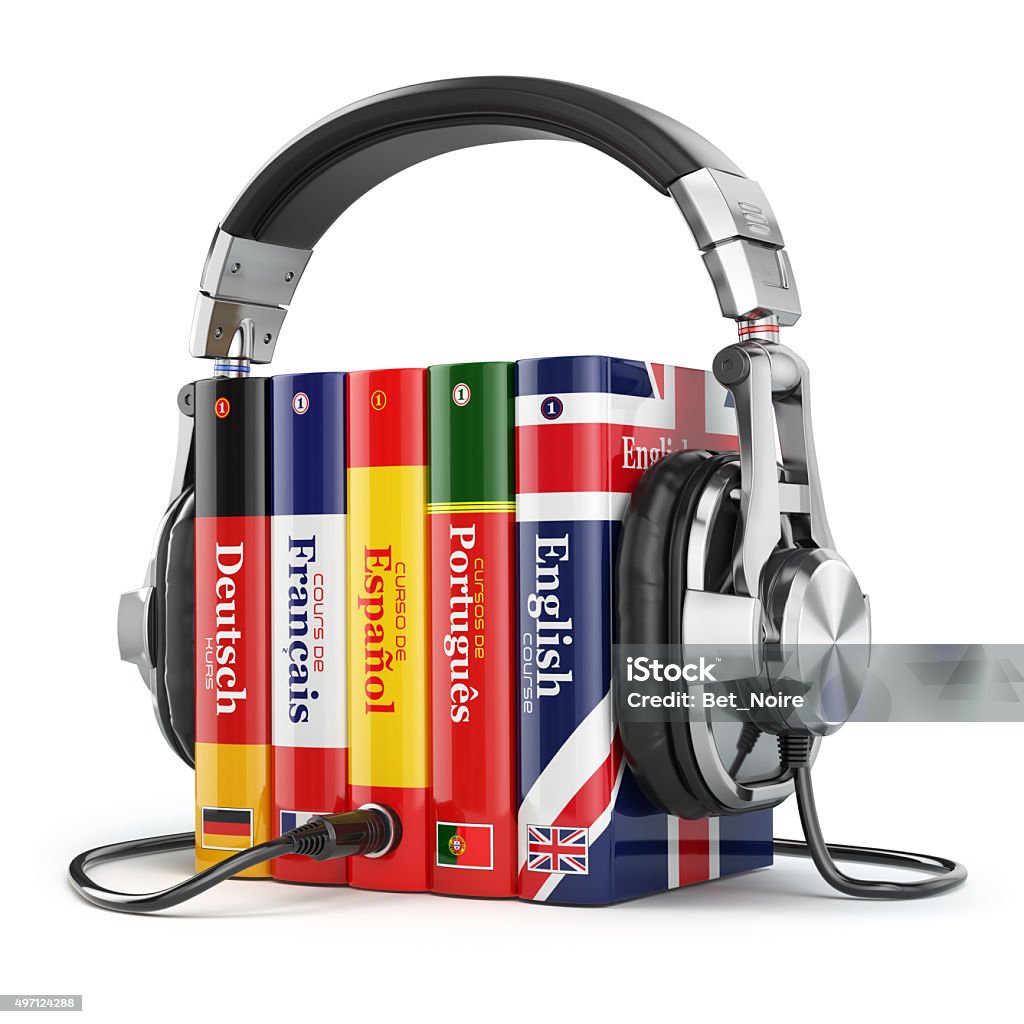BBC Challenges Apple and Google News: Demands Fair Credit for Journalism

In a digital era where news is consumed through mobile devices and aggregator platforms, the role of original journalism is increasingly under threat. Recently, the British Broadcasting Corporation (BBC) raised concerns about how Apple News and Google News handle attribution of news content. In a formal complaint filed with the UK’s Competition and Markets Authority (CMA), the BBC argues that these tech giants are failing to provide adequate credit to the actual sources behind the news stories they aggregate and distribute.
This move not only highlights the growing tension between traditional media and technology platforms but also signals a potential turning point in the fight for media transparency and fair recognition.
Background: The Role of Aggregators
News aggregators like Apple News and Google News have become primary news sources for millions of users globally. These platforms curate news from various publishers and present them in a compact, accessible form. While this makes news consumption faster and easier, it often comes at a cost — original news creators receive less traffic, recognition, and revenue.
Many users simply read the headline and short preview, rarely clicking through to the full article on the original website. As a result, even though the content was written by top journalists and editors, the aggregator platform gains most of the user engagement.
The Complaint: What Is the BBC Claiming?
The BBC’s complaint focuses on two major points:
-
Lack of Proper Attribution
The BBC alleges that Apple News and Google News fail to give clear credit to original publishers. Even when credit is present, it’s often in small fonts or hidden beneath other interface elements, making it easy for readers to overlook. -
Impact on Traffic and Revenue
By minimizing the visibility of the original source, these aggregators reduce direct traffic to BBC articles. This affects not just audience reach, but also advertising revenue, since fewer users are exposed to the BBC’s own platform and ads.
Why This Matters for Journalism
The fight is not just about credit — it’s about the survival of quality journalism. Here’s why:
-
Loss of Revenue: When original publishers like the BBC get less traffic, their ad income drops, affecting the sustainability of quality journalism.
-
Erosion of Brand Trust: If users don’t recognize the original source, it weakens the brand value and trust that media houses build over decades.
-
Rise of Misinformation: Aggregators often use algorithms to prioritize engagement over accuracy. This can lead to sensational headlines and even misleading content, reducing the visibility of factual reporting.
BBC’s Demands
In its formal submission to the UK CMA, the BBC has urged the regulators to:
-
Enforce clearer credit display policies on aggregator platforms.
-
Require Apple and Google to provide direct links to the original articles in a more prominent, visible way.
-
Create transparency reports to show how often content from each publisher is used and how users engage with it.
Tech Giants’ Defense
Both Apple and Google argue that they already provide links to the original stories and respect copyright rules. They say that their platforms are designed to drive traffic back to publishers and that many media outlets voluntarily provide RSS feeds or participate in aggregation partnerships.
However, critics argue that the user interface designs are meant to retain users within their own ecosystems, subtly discouraging clicks to external sites.
Global Context: It’s Not Just the BBC
The BBC is not alone. Over the past few years:
-
In Australia, regulators forced Google and Facebook to pay local news outlets for using their content.
-
In France, publishers successfully pushed for “neighboring rights”, requiring Google to negotiate license fees.
-
In the U.S., organizations like The New York Times have spoken out against AI companies and aggregators using their content without fair compensation.
The BBC’s complaint adds to the growing global movement demanding fair treatment of content creators in the digital age.
The User Side: Why You Should Care
You might be wondering — how does this affect me as a reader?
-
Content Quality May Decline: If publishers lose revenue, they may have to cut costs, leading to fewer reporters, shallower investigations, and reduced news quality.
-
Media Bias Risk: Smaller outlets may struggle to survive, leaving room only for platform-funded or biased content.
-
Loss of Trust: If credit isn’t clear, you may not even realize which article came from where — making it hard to trust the source.
The Future: What Could Change?
If regulators side with the BBC, it could trigger:
-
New rules requiring clearer attribution across all aggregator platforms.
-
A possible revenue-sharing model, like in Australia.
-
Greater control for content publishers over how their articles are displayed.
This could reshape the relationship between tech and journalism, setting a precedent that other countries may follow.
Conclusion
The BBC’s action against Apple and Google News is more than a simple complaint — it’s a powerful statement about media integrity, fairness, and sustainability. As digital platforms continue to dominate the information landscape, ensuring that journalistic efforts are properly recognized and compensated is crucial for a well-informed society.
Whether or not regulators act on the BBC’s complaint, it has ignited a conversation that affects every publisher, every platform, and every reader.







I don’t think the title of your article matches the content lol. Just kidding, mainly because I had some doubts after reading the article. https://www.binance.info/register?ref=IHJUI7TF
Một trong những yếu tố quan trọng nhất để đánh giá uy tín của một nhà cái trực tuyến là các giấy phép hoạt động. 188v com tự hào sở hữu các giấy phép do các tổ chức có thẩm quyền cấp, đảm bảo tính hợp pháp và minh bạch trong mọi hoạt động của mình.
Hiện nay, link 66b là nền tảng cá cược trực tuyến được nhiều nhà cung cấp game săn đón khi thu hút hơn 10 triệu lượt đăng ký kể từ khi ra mắt. Hơn 99+ NPH đã và đang cung cấp trò chơi trực tiếp tại trang chủ chính thức của chúng tôi với đa dạng lối chơi mới lạ.
Chương trình hoàn tiền cũng là một chính sách ưu đãi được nhà cái 66b triển khai nhằm giảm thiểu rủi ro cho người chơi. Với chương trình này, hội viên có thể nhận lại một phần số tiền đã thua trong các trận cá cược. TONY12-16
Can you be more specific about the content of your article? After reading it, I still have some doubts. Hope you can help me. https://www.binance.com/ar-BH/register?ref=S5H7X3LP